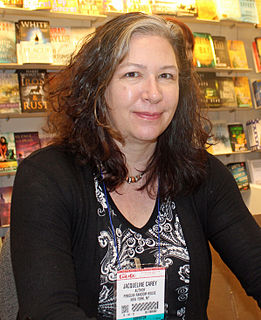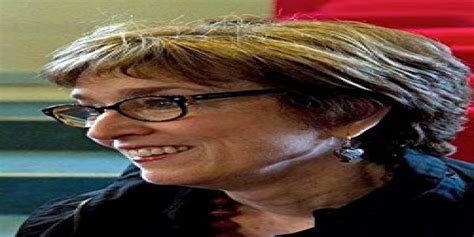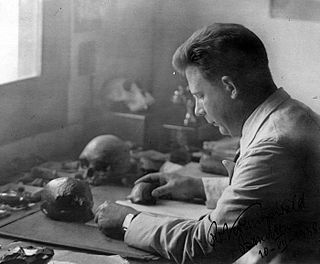A Quote by Jane Austen
Vanity was the beginning and the end of Sir Walter Elliot's character; vanity of person and of situation. He had been remarkably handsome in his youth; and, at fifty-four, was still a very fine man. Few women could think more of their personal appearance than he did, nor could the valet of any new made lord be more delighted with the place he held in society. He considered the blessing of beauty as inferior only to the blessing of a baronetcy; and the Sir Walter Elliott, who united these gifts, was the constant object of his warmest respect and devotion.
Quote Topics
Any
Appearance
Beauty
Been
Beginning
Blessing
Character
Considered
Constant
Could
Delighted
Devotion
Did
End
Few
Fifty
Fine
Four
Gifts
Had
Handsome
Held
His
Inferior
Lord
Made
Man
More
New
Nor
Object
Only
Person
Personal
Personal Appearance
Place
Remarkably
Respect
Sir
Situation
Society
Still
Than
Think
United
Valet
Vanity
Very
Women
Youth
Related Quotes
Men and women make their own beauty or their own ugliness. Sir Edward Bulwer Lytton speaks in one of his novels of a man "who was uglier than he had any business to be;" and, if we could but read it, every human being carries his life in his face, and is good-looking or the reverse as that life has been good or evil. On our features the fine chisels of thought and emotion are eternally at work.
My father died and left me his blessing and his business. His blessing brought no money into my pocket, and as to his business, it soon deserted me, for I was busy writing poetry, and could not attend to law, and my clients, though they had great respect for my talents, had no faith in a poetical attorney.
I wondered if he could ever understand that it was a blessing, not a sin, to be graced with more than one love. It could be complicated; of course it could be complicated. And it opened one up to the possibility of more pain and loss. Still, it was a blessing I would never relinquish. Love, genuine love, was always a cause for joy.
Consider: what could be more American than the principle that every person is to be held accountable for his or her crimes only? Could anything be more un-American than the Second Commandment's warning that "I Yahweh, thy God, am a jealous god, visiting the iniquity of the fathers upon the children unto the third and fourth generation."? Not even the Common Law would have hung a man because his grandfather had stolen a horse!
Human vanity is so constituted that it stiffens before difficulties. The more an object conceals itself from our eyes, the greater the effort we make to seize it, because it pricks our pride, it excites our curiosity and it appears interesting. In fighting for his God everyone, in fact, fights only for the interest of his own vanity, which, of all the passions produced bye the mal-organization of society, is the quickest to take offense, and the most capable of committing the greatest follies.
From the beginning, God designed a world in which his image bearers - male and female together - were his A-Team for getting things done in the world. It was more than "wouldn't it be nice if men and women could get along better." God knew this was the way his world would work best and we would flourish as he intends. Men and women - together - in an alliance that received God's explicit blessing.
Man did not address his inquiries to the earth on which he stood until a remarkably late stage in the development of his desire for knowledge. And the answers he received to the questions, "Where do I come from?", "What is man?", although they made him poorer by a few illusions, gave him in compensation a knowledge of his past that is vaster than he could ever have dreamed. For it emerged that the history of life was his history too.
I will give my whole heart and soul to my Maker if I can,' I answered, 'and not one atom more of it to you than He allows. What are you, sir, that you should set yourself up as a god, and presume to dispute possession of my heart with Him to whom I owe all I have and all I am, every blessing I ever did or ever can enjoy - and yourself among the rest - if you are a blessing, which I am half inclined to doubt.
There is nothing gutsier to me than a person announcing that their story is one that deserves to be told, especially if that person is a woman. As hard as we have worked and as far as we have come, there are still so many forces conspiring to tell women that our concerns are petty, our opinions aren’t needed, that we lack the gravitas necessary for our stories to matter. That personal writing by women is no more than an exercise in vanity and that we should appreciate this new world for women, sit down, and shut up.





































